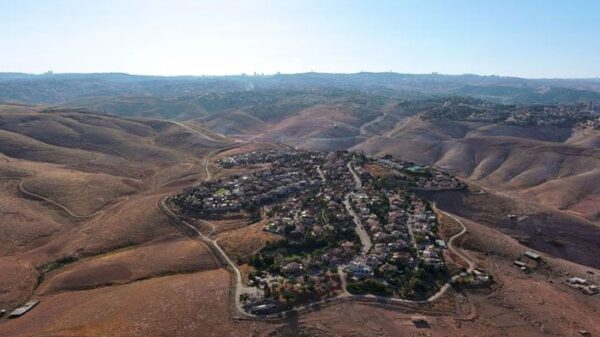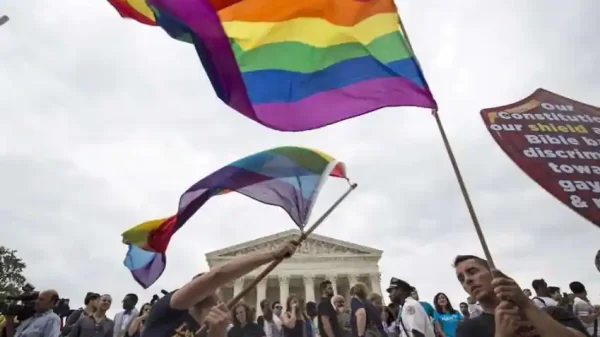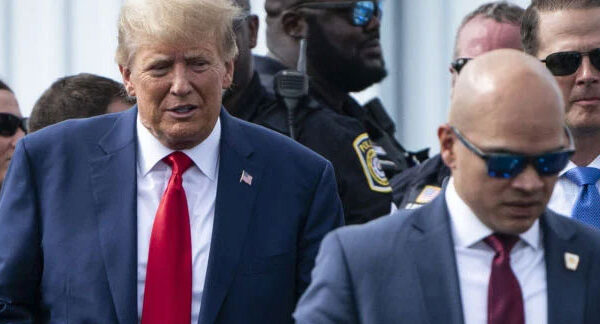Former U.S. President Jimmy Carter, the 39th president of the United States, has passed away at the age of 100. Known for his lifelong commitment to peace, democracy, and human rights.
His office confirmed his passing on Sunday, following nearly a year in hospice care at his home in Plains, Georgia.
Carter shared his home with his wife of 77 years, Rosalynn Carter, who died in November 2023. He was the first U.S. president to reach his 100th birthday, a milestone he celebrated in October.
A President Honored by the Nation
President Joe Biden honored Carter on his 100th birthday, calling him a “moral force” for the nation. After Carter’s death, Biden declared January 9 a national day of mourning.
Reflecting on his friend’s life, Biden praised Carter’s compassion and lifelong commitment to bettering the lives of people worldwide.
A Presidency in Challenging Times
Jimmy Carter served as president from 1977 to 1981, a term marked by significant challenges.
Elected in the wake of the Watergate scandal, he worked tirelessly to restore trust in government.
His administration prioritized human rights and energy conservation but faced obstacles such as economic struggles and the Iran hostage crisis.
Though his presidency had its struggles, Carter’s legacy was cemented in the decades after he left office. He dedicated his life to service, embodying the values of integrity and compassion.
Redefining Leadership After the Presidency
After leaving the White House, President Jimmy Carter focused on humanitarian efforts. In 1982, he and Rosalynn co-founded the Carter Center.
Together they worked to promote global peace, democracy, and disease eradication. The center’s work earned Carter the Nobel Peace Prize in 2002.
The Carters were also global ambassadors for Habitat for Humanity, spending years building homes for families in need. Their dedication brought worldwide attention to the importance of affordable housing as well.
Jimmy Carter A Global Advocate for Peace
Carter’s influence extended far beyond the United States. Through the Carter Center, he mediated peace talks, monitored elections, and advocated for democratic movements around the world.
His efforts were instrumental in resolving conflicts in Africa, the Middle East, and other regions.
During his presidency, Carter’s emphasis on human rights laid the groundwork for significant global changes. Historians credit his policies with contributing to the eventual fall of the Soviet Union.
From Humble Beginnings to the World Stage
Born in Plains, Georgia, in 1924, Carter was the first U.S. president born in a hospital. He grew up on a peanut farm and later joined the Navy.
Following his father’s death, he returned to Georgia to manage the family business and entered politics.
Carter’s political career began in the 1960s, serving as a state senator and later as governor. His 1976 presidential campaign resonated with a nation recovering from political scandals. His honesty and promise to “never lie” won him the trust of the American people.
A Life of Faith and Service
Even in his later years, Carter remained deeply committed to his faith and service.
Despite health challenges, he continued teaching Sunday school in Plains until the COVID-19 pandemic. His humility and dedication to others inspired millions.
Remembering President Jimmy Carter
President Jimmy Carter’s legacy is one of decency, compassion, and humanity.
He will be remembered not just as a leader but as a humanitarian who worked tirelessly to make the world a better place.
Carter’s life serves as a reminder of the power of service and the impact one person can have in promoting peace and justice. He leaves behind a legacy that will inspire generations to come.








